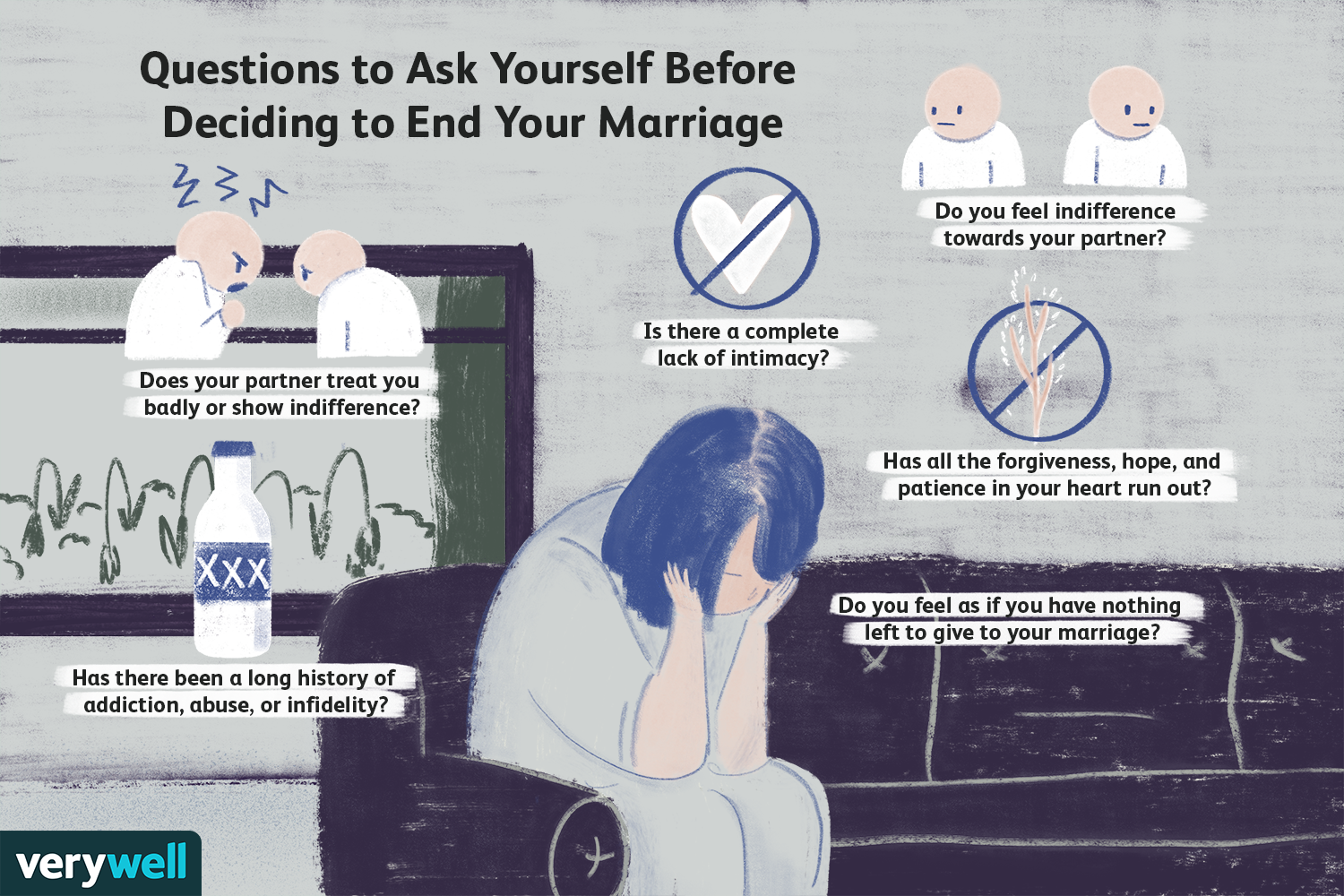It’s unclear if marital conflict causes depressive symptoms in committed couples or whether depressive symptoms cause more marital conflict.
Depressive symptoms increase the risk of relationship disturbances, and poor relationship quality is a significant risk factor for both diagnostic and sub-clinical levels of depressive symptoms.
When wives indicate higher marital disappointment, depressive symptoms increase in both partners. Men’s emotional expressions become angrier, and depressive symptoms grow as well. Women show the most signs of emotional distress. Marital dissatisfaction likely leads to increased emotional distress in married relationships, increasing wives’ vulnerability over time.
When one of the partners is depressed, there is a lot of stress in the relationship:
Depression affects those who are close to and associated with the person who is depressed. It involves each member’s quality of life and their feelings toward the depressed individual, and their overall satisfaction with the relationship. Depressed people are usually apathetic, gloomy, exhausted, and pessimistic. They don’t have enough energy for the responsibilities and pleasures of couple and family life.
Most of what they speak about is negative, and even neutral or positive interactions can become harmful when viewed through the prism of depression. As they notice what isn’t happening, partners and older children sometimes find themselves taking up the slack. Without their lonely partner, spouses will accomplish a lot on their own. Both of these shifts in the family dynamic have the potential to cause frustration and rage.
In the marriage, emotional attachment, affection, and sexual desire often fade, leading to isolation, depression, and disappointment. Many people who aren’t depressed or have never dealt with depression wonder why depressed people can’t just get on with their lives and do the stuff that will make them feel better. As couples deal with depression, impatience, feeling frustrated by the situation, and a lack of understanding on one partner’s part may cause additional issues.
What Couples Do When Their Relationship Is Affected by Depression?
1. Acquaint yourself with the signs and symptoms of depression. Training is highly beneficial. Learn and discuss what signs to look for that could mean depression is on the horizon or has already arrived.
2. Acknowledge and discuss the depression. Maintain an open line of contact. Recognize it as it happens. Bring it out into the open and see what happens.
3. Make it impersonal. It’s referred to as “the depression.” Depression is not an option, and depression is not an individual. People, as well as those who love them, are affected by depression. Discuss it as a variable in your life that is present at times and absent at others.
4. Attempt to frame it in a nonjudgmental manner. This is where the concept of “depersonalization” comes in handy. You should each speak about it as if depression were an unwanted guest who is influencing you individually.
5. Establish an action plan. Everyone needs to be in control of their own lives; however, it is advantageous when couples can share and work together in the sense of a romantic partnership.
During this time, you can share what you need from each other and find ways to support each other or take care of yourself until the end of the duration.
6. Seek assistance. This may come from a family member, a friend, or a therapist. Rather than allowing depression to get the best of you, get ahead of the pain.
Divorce is not necessarily the result of depression. Accepting depression as a factor affecting the marriage and learning to work through it lovingly will help couples become happier and more linked.
For Marital Advice, Contact the Expert Dr. Swati Mittal marriage counselor in Noida Today!



